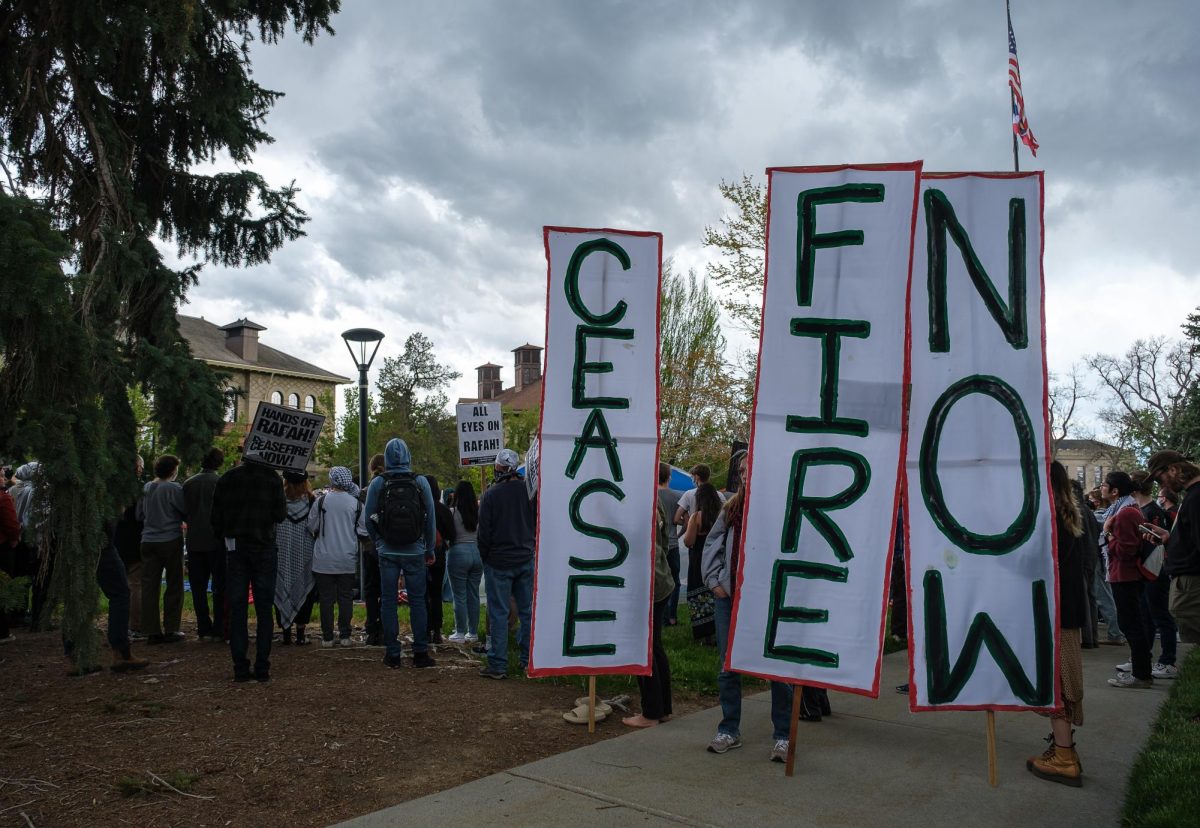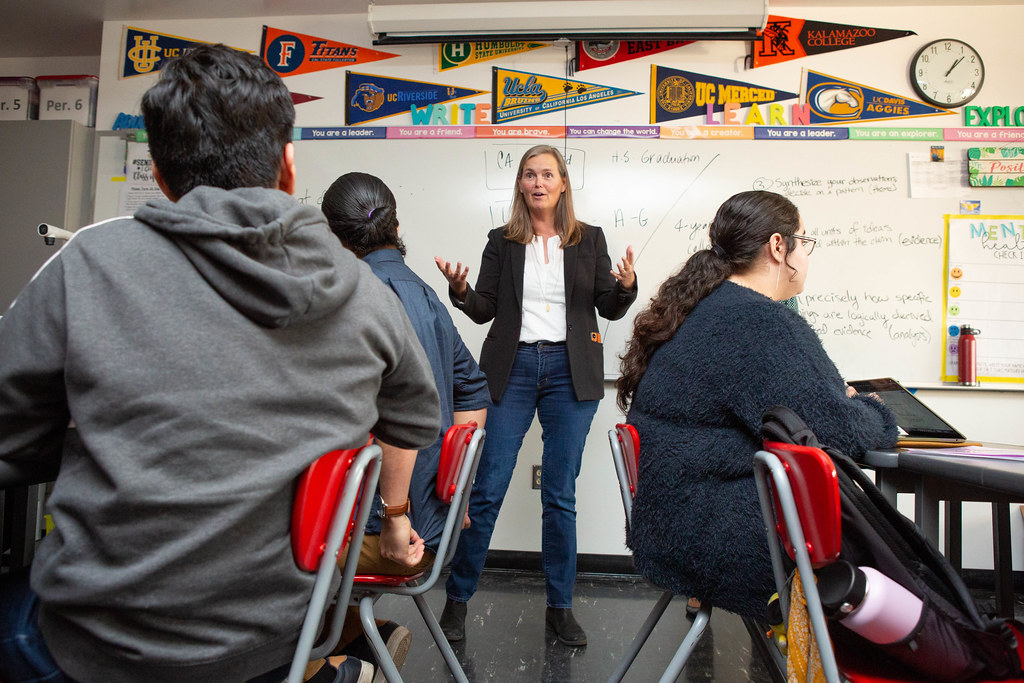Teacher shortages have persisted in Utah since the aftermath of COVID-19. Utah has one of the highest teacher-to-student ratios in the country.
Teachers exhibit an alarmingly low retention rate, especially early career teachers. This raises concerns about recruiting unqualified teachers and the quality of education in the end.
The Utah government should actively provide substantial funding for teachers, ensuring students receive a quality education.
Why Teachers Leave
Salary concerns are paramount for Utah teachers. As of January 2024, the average public school teacher salary in Utah is $54,816 which is below the national average of $57,933.
The salary gap for early career teachers is even worse with an average pay of $44,567 in Utah. Considering that the average annual cost of living in Utah ranges in the average of $54,500, this amount is absurd. Consequently, a report shows that nearly half of educators leave their profession within their first five years in Utah.
Don Ly, a current third-grade teacher at Edison Elementary in the Salt Lake School District, said “The demand of the job is very high compared to the salary.”
“My school pays us between 7:45 am to 2:45 pm, but most teachers stay until 4 pm. We’re expected to do a lot of activities after school which are unpaid,” Ly said.
The high teacher-to-student ratio is another concern.
“I currently have 24 students to one teacher, but I know the school is planning to make it larger to 30 students to save money,” Ly said. “I don’t think I will teach at a low-income school if it goes to 30 students.”
Flaws with Current Bills
Utah lawmakers have passed several bills attempting to address the shortage issue, but they seem ineffective.
The “teacher empowerment” bill, S.B. 137, allows teachers to remove unruly students more easily. However, it fails to address the core issue of teacher retention and sparks controversy over harming students with disabilities.
S.B. 173 aims to provide bonuses to top-performing teachers up to $20,000 annually. However, controversies arise over how to discern top-performing teachers. Each principal will determine according to school policy, but this doesn’t mean that they are free from favoritism.
“It’s hard to pick someone that is doing a better job than this person because it’s not the same,” said Sophia Lee, a fourth-grade teacher at Intermountain Christian School in Holladay, Utah.
How do I compare my second-grade or fourth-grade project to my high school math teacher.”
H.B. 208 aims to reduce obstacles to obtaining a teacher license, such as by prohibiting a pedagogical performance assessment or supporting paraeducators who want to get recertified but don’t have time to do so. However, lowering standards and allowing unqualified individuals to fill teaching roles does not solve the problem.
“We’re getting teachers in the classroom who don’t understand the basics of teaching. My friend teaches at a private school and now she’s the only certified teacher,” Ly said.
The problem with uncertified teachers is that students are learning from teachers with less experience and training, negatively impacting their performance.
“You don’t want to entrust your child to those who are unqualified, like you wouldn’t go to a car mechanic that doesn’t know how to maintain cars,” Lee said.
What Teachers Need
Hire excellent teachers and provide them with higher salaries.
Among 4,000 college students who considered teaching, 44% opted for other careers due to low salaries. 41% indicated they would reconsider if offered higher pay.
Ly emphasizes the need for funding for classroom supplies as well.
“For new teachers, we receive only around $100 to $300 annually for classroom supplies,” he said. “However, in my first and second years, I spent around $2,000 of my own money.”
More funding for teachers directly translates to better education for Utah students.
“We often say that children are our future, but in reality, few truly prioritize their education,” said Youngwoo Kim, a research assistant at the Department of Educational Psychology at the University of Utah. “The government should provide increased financial support for teachers and prioritize hiring qualified teachers to ensure children are given the attention they deserve.”
The government must provide substantial compensation for teachers if they truly want to solve this problem. Don’t pass a multitude of bills that don’t fundamentally solve the issue but merely raise salaries.
The Utah government should stop justifying its disrespect toward both teachers and students. Teachers deserve better salaries and students deserve a better education.


















